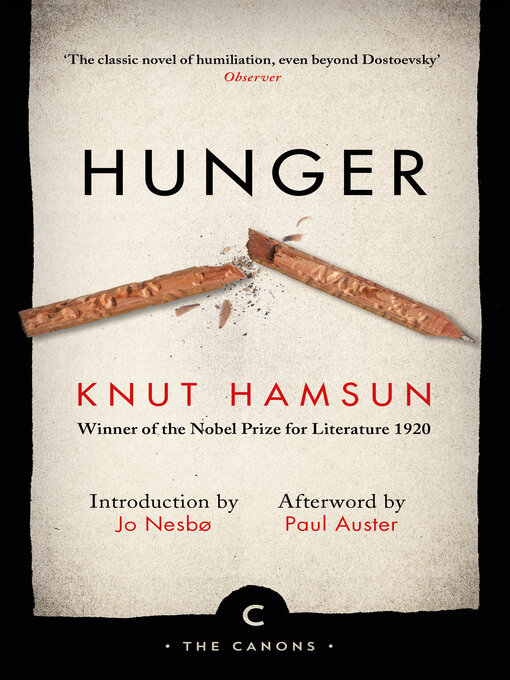- Coming Soon
- Just added
- Bridgerton and other Regency romance novels
- Recommended Business Reads
- Books for True Crime Podcast Fans
- Lady Whistledown recommends
- Instant Reads
- Thrilling titles
- Celebrate Pride Month!
- Celebrating First Nations Culture, History & Literature
- See all
- New audiobook additions
- Most popular
- New kids additions
- New teen additions
- Try something different
- Books for True Crime Podcast Fans
- Business Audiobooks
- The Best YA Love Triangles
- Biographies & Memoirs
- Lady Whistledown recommends
- Instant Reads
- Thrilling titles
- Celebrate Pride Month!
- See all

